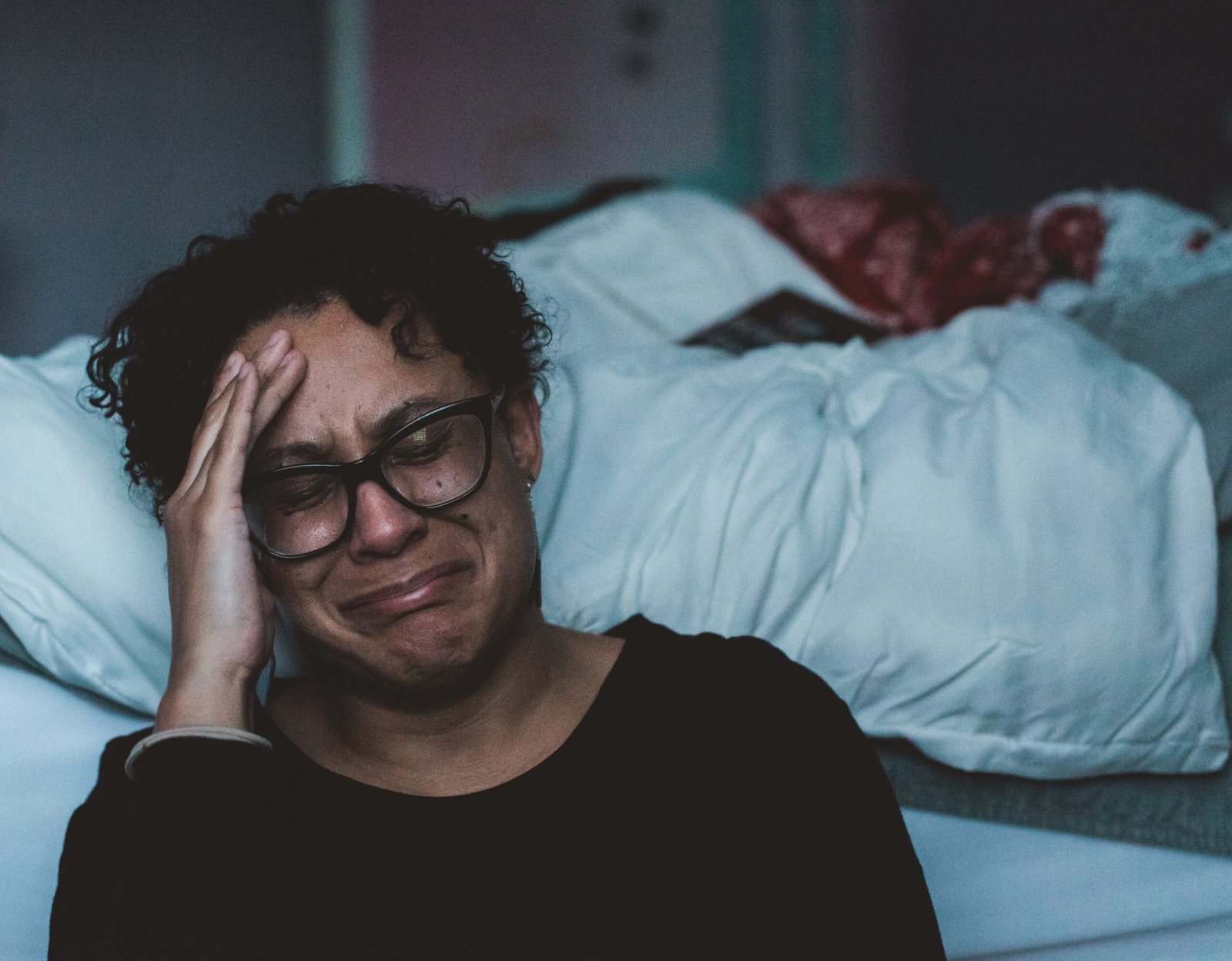Introduction
Depression and anxiety are common mental health disorders that can have a significant impact on a person’s daily life. It is essential to find healthy ways to cope with these conditions to improve overall well-being and quality of life. In this blog post, we will explore the top 10 ways to find healthy coping mechanisms for depression and anxiety. These strategies are backed by research and have proven to be effective in managing these mental health challenges.
1. Seek Professional Help
One of the most crucial steps in coping with depression and anxiety is seeking professional help. Mental health professionals, such as therapists or counselors, can provide guidance, support, and evidence-based treatments tailored to your specific needs. They can help you develop coping strategies, identify triggers, and manage symptoms effectively.
2. Practice Mindfulness and Meditation
Mindfulness and meditation have gained significant attention in recent years as effective tools for managing depression and anxiety. These practices involve focusing on the present moment, cultivating self-awareness, and promoting relaxation. Research has shown that regular mindfulness and meditation can reduce stress, improve mood, and enhance overall well-being.
3. Engage in Regular Exercise
Physical activity has been proven to have a positive impact on mental health. Engaging in regular exercise can help reduce symptoms of depression and anxiety by releasing endorphins, improving sleep, and boosting self-esteem. Aim for at least 30 minutes of moderate-intensity exercise, such as brisk walking or cycling, most days of the week.
4. Build a Supportive Network
Having a strong support system is crucial when dealing with depression and anxiety. Surround yourself with friends, family, or support groups who understand and provide a safe space for you to express your feelings. Sharing your experiences with others who have similar challenges can offer comfort, validation, and a sense of belonging.
5. Adopt a Healthy Lifestyle
Adopting a healthy lifestyle can significantly impact your mental well-being. Ensure you get enough sleep, maintain a balanced diet, limit alcohol and caffeine intake, and avoid smoking. A healthy body supports a healthy mind, and making these positive changes can contribute to reducing symptoms of depression and anxiety.
6. Practice Self-Care
Self-care is crucial in managing depression and anxiety. Take time for yourself and engage in activities that bring you joy and relaxation. This could include hobbies, reading, taking baths, or practicing self-compassion. Remember to prioritize self-care and make it a regular part of your routine.
7. Challenge Negative Thoughts
Depression and anxiety often lead to negative thinking patterns. Learning to challenge and reframe these negative thoughts can be a powerful coping strategy. Practice identifying negative thoughts and replacing them with more positive and realistic ones. Cognitive-behavioral therapy (CBT) techniques can be helpful in this process.
8. Utilize Stress-Management Techniques
Stress can exacerbate symptoms of depression and anxiety. Learning effective stress-management techniques can help reduce these symptoms. Consider techniques such as deep breathing exercises, progressive muscle relaxation, journaling, or engaging in creative outlets like art or music.
9. Engage in Activities That Bring Joy
Engaging in activities that bring joy and a sense of fulfillment can significantly improve your mental well-being. Whether it’s pursuing a hobby, spending time in nature, or volunteering for a cause you care about, find activities that bring you happiness and make them a regular part of your life.
10. Stay Informed and Educated
Continuing to stay informed and educated about depression and anxiety can empower you in managing these conditions. Stay up to date with the latest research, treatment options, and self-help strategies. Knowledge is power, and understanding your condition can help you make informed decisions about your mental health.
FAQs
Q: Can I overcome depression and anxiety on my own without professional help?
A: While self-help strategies can be beneficial, it is advisable to seek professional help for a comprehensive approach to managing depression and anxiety. Mental health professionals can provide guidance and support tailored to your specific needs.
Q: How long does it take to see improvement when implementing these coping strategies?
A: The timeline for improvement varies for each individual. It is essential to be patient and consistent with the coping strategies. Some individuals may experience improvements in a few weeks, while others may take longer. Remember that progress is not always linear, and seeking professional help can provide additional support during this journey.
Q: Are there any medications that can help with depression and anxiety?
A: Medication can be an effective treatment option for depression and anxiety. It is essential to consult with a healthcare professional to determine if medication is appropriate for your specific situation. Medication, when combined with therapy and other coping strategies, can significantly improve symptoms.
Tips
- Start with one or two coping strategies and gradually incorporate others into your routine.
- Be patient with yourself and celebrate small victories along the way.
- Remember that everyone’s journey is unique, and what works for one person may not work for another.
- Reach out for support when needed and don’t hesitate to ask for help.
- Regularly reassess and adjust your coping strategies as needed.
Conclusion
Managing depression and anxiety is a personal journey that requires patience, self-care, and support. By implementing these top 10 coping strategies, you can take positive steps towards improving your mental well-being. Remember that seeking professional help is crucial, and there is no shame in asking for support. Together, we can create a society that prioritizes mental health and supports one another in finding healthy ways to cope with depression and anxiety.
Call to Action: If you found this blog post helpful, please share it with others who may benefit. Let’s spread awareness and support each other on our mental health journeys.









